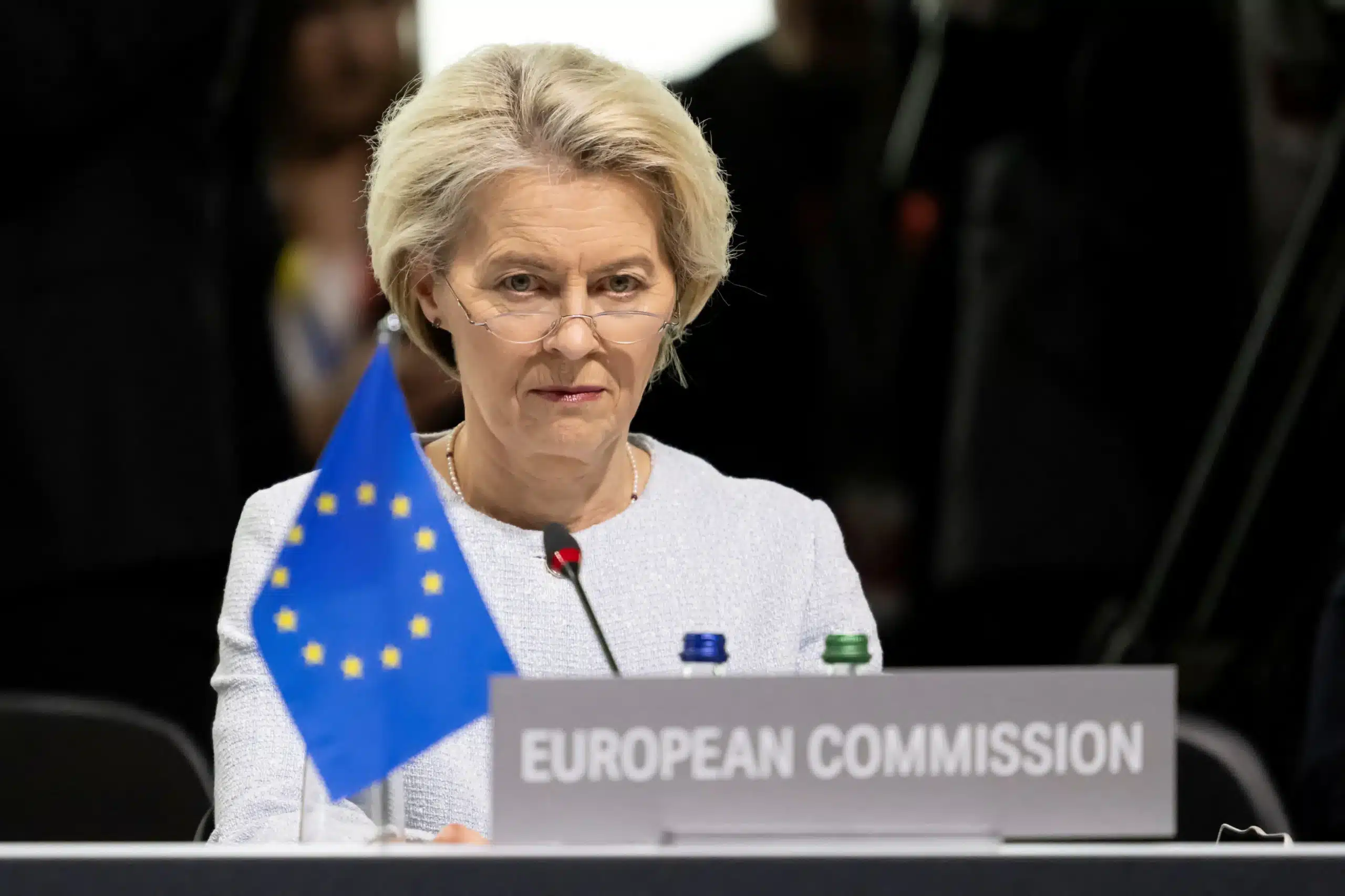
For the first time in over a decade, a sitting President of the European Commission will face a no-confidence vote in the European Parliament. Ursula von der Leyen, now in the first year of her second term, is scheduled to appear before lawmakers in Strasbourg on Monday for a debate ahead of the formal vote on Thursday, according to six EU officials who spoke to POLITICO.
While the motion is not expected to succeed—major political groups have already signaled opposition—it highlights growing dissatisfaction with von der Leyen’s leadership, both from the left and the right of the political spectrum. The move comes amid a series of controversial decisions, scandals, and perceived shifts in political alignment that have tested the unity of the European Union’s centrist leadership.
This marks the first no-confidence challenge against a Commission president since 2014, a sign of the intense political strain within the EU institutions. Should the vote unexpectedly pass, it would force the resignation of von der Leyen and her entire College of Commissioners, triggering a complex and time-consuming process to appoint a new executive team for the EU’s 27 member states.
The motion of censure was filed by Romanian right-wing MEP Gheorghe Piperea, who gathered the required 72 signatures after expressing outrage over von der Leyen’s failure to disclose 2021 text message exchanges with Pfizer CEO Albert Bourla. The messages, which pertained to the procurement of COVID-19 vaccines, have long been a point of contention for critics who accuse her of lacking transparency.
Von der Leyen has come under increased scrutiny in recent months for her political maneuvering. Critics from the Socialists and liberals have accused her of cozying up to the far right, particularly the European Conservatives and Reformists (ECR), in a bid to secure parliamentary support for her second term and for softening green policy proposals.
Although some initial supporters of the censure motion from her own European People’s Party (EPP) and from ECR have since backed away under internal pressure, the symbolic damage is done. The very fact that such a motion reached the floor suggests a deeper erosion of trust in her presidency.
European Parliament President Roberta Metsola formally announced the scheduling of the debate and vote to group leaders on Wednesday evening. The debate on Monday will allow political factions to outline their positions, with von der Leyen herself expected to defend her record.
Despite the strong rhetoric from both flanks, the centrist majority—comprising the EPP, Renew Europe, and the Socialists & Democrats—is unlikely to support the no-confidence vote. Analysts say von der Leyen is still expected to weather the challenge, but the political scars may linger.
If the vote fails, it will nonetheless serve as a stern warning for the Commission president that her support base is far from unshakable, and that future decisions—especially those involving transparency, corporate influence, or controversial policy compromises—will be met with increased skepticism.
As the European Union navigates geopolitical instability, economic uncertainty, and climate challenges, leadership cohesion is crucial. Yet von der Leyen’s position appears more vulnerable than at any point since taking office in 2019.
Even if she survives Thursday’s vote, this moment signals that the honeymoon is long over—and that discontent in Brussels is simmering just beneath the surface.